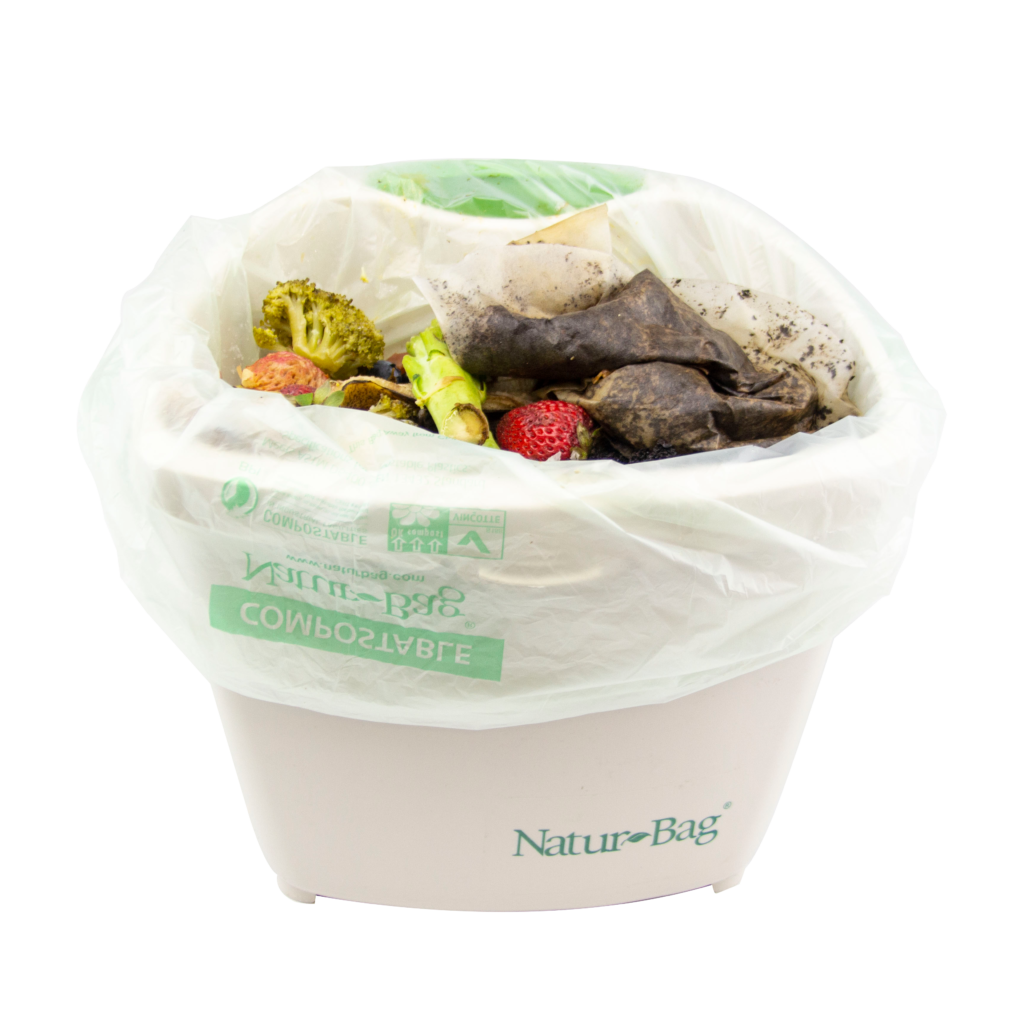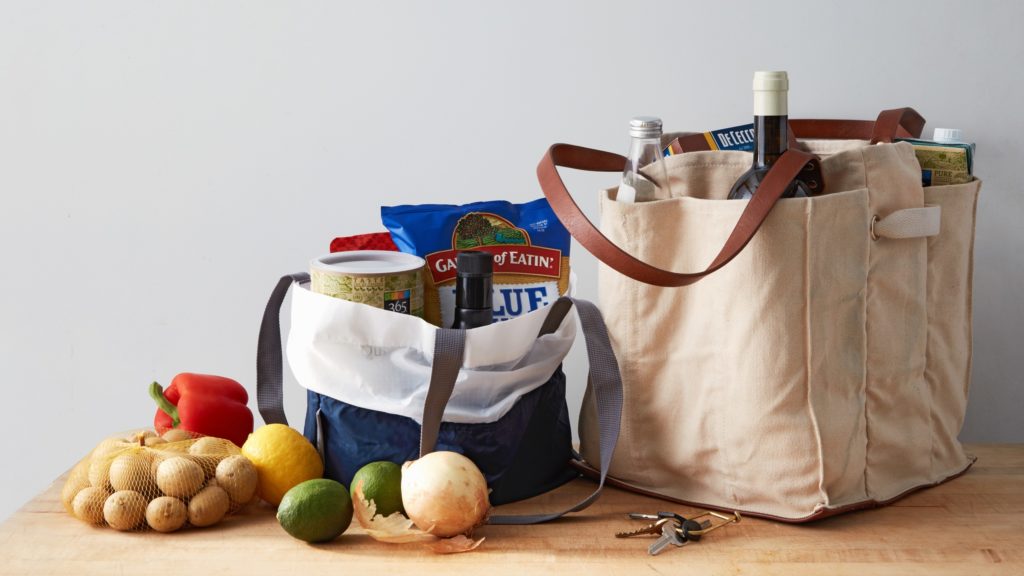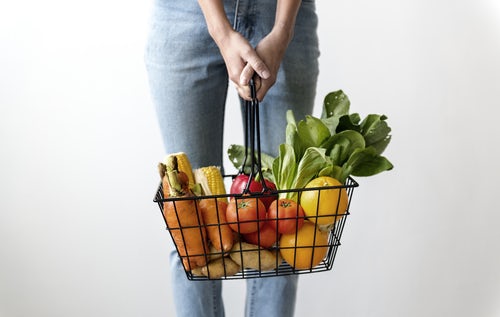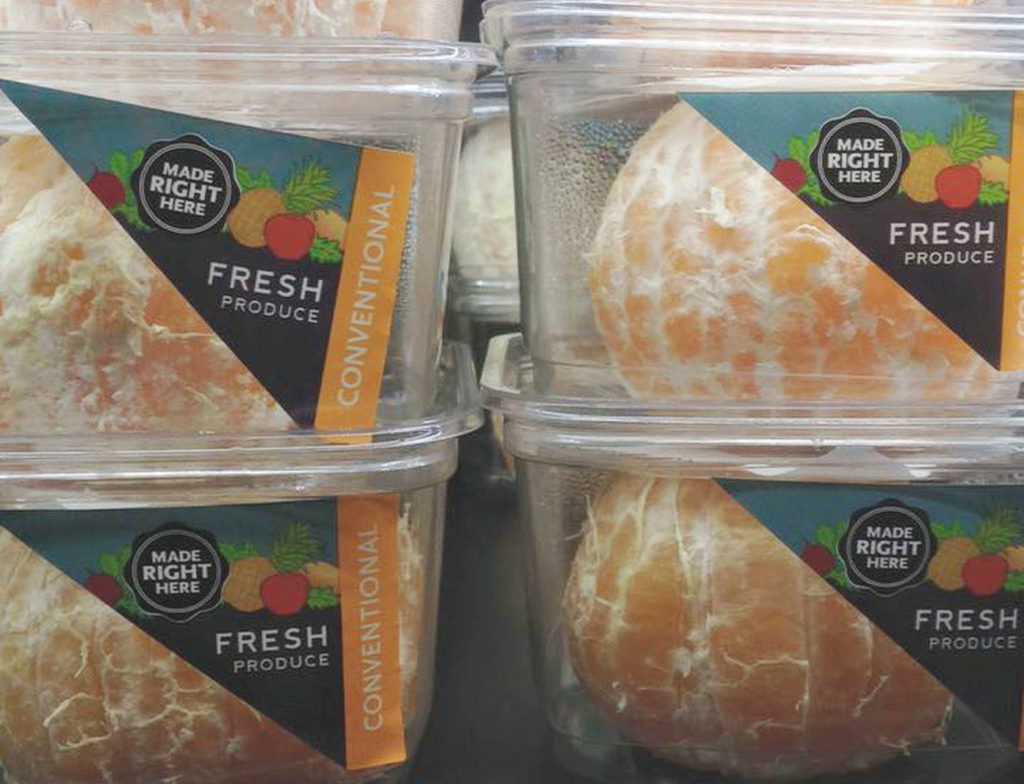
We all know reducing waste is important for the future and the planet. But what exactly does that mean for every day people?
We have jobs, families, busy schedules, budgets, and other interests…so how can reducing waste fit into our busy lives? Whether you’re at home, at work, or on the go, there are some simple steps you can take to reduce waste and even save money.
Reducing Waste at Home
No matter what your living arrangements look like, life can be busy. Maybe you spend most of your time at home, or perhaps you’re always on the go. No matter how much (or how little) time you spend at home, there are ways to reduce waste, and it’s easier than you think.
Compost, Compost, Compost

If possible, compost your food scraps, and other organic waste. Take advantage of local curbside or community organics collection programs. If organized composting programs aren’t available, you can still compost some items at home. Create a home compost pile or bin to compost your yard and garden waste, and fallen leaves. If you compost at home, use this compost in your garden to create healthy soil for flowers, trees, and plants for food! Composting helps reduce waste and reduces methane emissions from organics being sent to landfills. When sent to landfills, food scraps and organic material will only partially decompose off gassing methane, a harmful greenhouse gas 23 times more potent than carbon dioxide.
Recycle Well
Most households have access to recycling, but just because something is placed in the bin does not guarantee it will be recycled. Review your local recycling program to learn which materials are accepted.
Typically, programs accept items such as: metals (tin, aluminum, steel), glass, cardboard, paper, and certain plastics. Don’t bag items in your recycling bin, as this could lead to the items inside not being recycled. If you have electronics, used oil, gas or fuel, or large pieces of metal, keep these separate and bring them to a local recycling facility for proper disposal.
Fix, Don’t Throw
Another great way to reduce waste at home is repairing and repurposing used items. Before venturing out to buy new appliances or tools, check to see if your broken unit can be repaired. Many appliances can be easily fixed yourself or repaired at a low cost by a handyman. Gently used furniture, appliances, and other durable items can be donated rather than disposed of. Donating used items extends the useful life of working items, reduces waste, and gives people alternatives to buying new.
Reducing Waste at Work
Participate in Zero-Waste Efforts
Many offices, businesses, and restaurants have zero-waste or organics collection initiatives all aimed to reduce waste. If your workplace has a program, simply participating is an easy way to reduce waste! Take time to sort your waste and separate recyclables, from landfill items, and organics if applicable and place in the proper receptacle.
Duplex Printing

In general, a great way to reduce paper waste is to avoid printing unnecessary items. If you must print something, set the printer to duplex print and print on both sides. This is an easy way to use less paper and ink/toner. Of course, remember to recycle used office paper!
Reusable Containers
When packing meals to eat at work, use reusable containers. Skip the plastic bags and disposable cutlery as these items are not recyclable and end up in landfills. Reusable containers of all shapes and sizes can be purchased at your favorite retailer and offer an easy opportunity to reduce waste from day to day. When drinking coffee, water, etc. choose a durable and reusable cup, mug, bottle, or thermos. A reusable cup or tumbler cuts back on waste and will keep your favorite beverage hot (or cold) longer than disposable plastic or paper alternatives.
Reducing Waste On The Go
Reusable Bags

Another easy way to reduce waste is to use reusable bags when shopping. Reusable bags cut down on single-use plastics and can be used repeatedly without tearing and leaving your groceries all over the floor, or parking lot… Reusable bags also eliminate the need for plastic produce bags! Not only will you send fewer plastic bags to the landfill, but you’ll avoid potential fees for single-use bags in the checkout line. If you forget your reusable bags, opt for paper bags and reuse or recycle them after use.
Plan Ahead

Before you venture to the grocery store, check the fridge and cabinets to see what you really need. Buying only what you need will reduce food waste from spoiled or expired food. Planning meals ahead of time is a great way to identify what is needed and helps to avoid extra purchases and provides good insurance against spoiled food.
Avoid Over-Packaged Goods

We’ve all seen it. Single pieces of fruit packaged in plastic trays or toys wrapped in countless pieces of plastic. Certain packaging does wonders to preserve food and goods but is often unnecessary. If possible, avoid purchasing over-packaged items, and look for items packaged in recyclable materials.
Going zero-waste, and reducing waste in general can be a daunting task – especially with a busy schedule. Start with small, easy changes such as replacing a plastic cup with a reusable thermos. Once you’re comfortable with your first changes, look for other ways to reduce waste. Over time, it becomes easier to incorporate many waste reducing habits and live a more sustainable life. Reducing waste in any way is beneficial, and efforts add up over time. Remember, zero-waste is a journey… not a destination!
